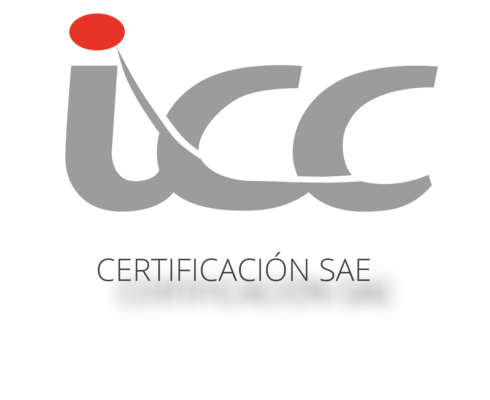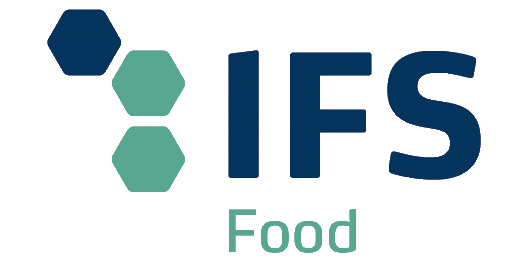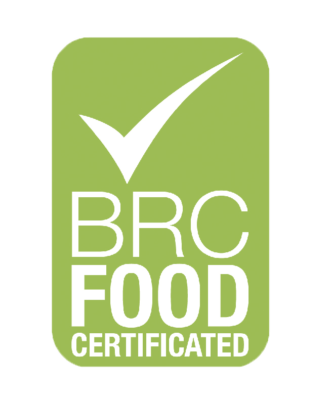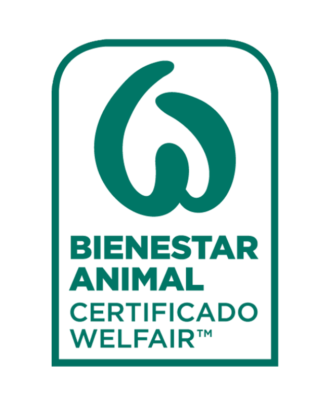QUALITY,
FOOD SAFETY
AND THE ENVIRONMENT
This department has a large, qualified team divided into different areas: quality, veterinary, laboratory and the environment.

Quality

VETERINARY
Ante-mortem examinations and ensuring adherence to requirements for animal care during transit, unloading, stabling, and slaughter are the responsibility of the facility’s in-house veterinarians. Additionally, they perform post-mortem checks, record all paperwork, note seizures, and compile the data needed for exports beyond the EU.

THE ENVIRONMENT
Controlling and administering the plant’s waste treatment facility in line with the standards established by the Confederación Hidrográfica del Ebro are the main duties of this area. This is in addition to treating drinkable water, controlling waste and air emissions, and creating new environmental chores including avoiding infestations and administering legionella treatments for health and safety.





